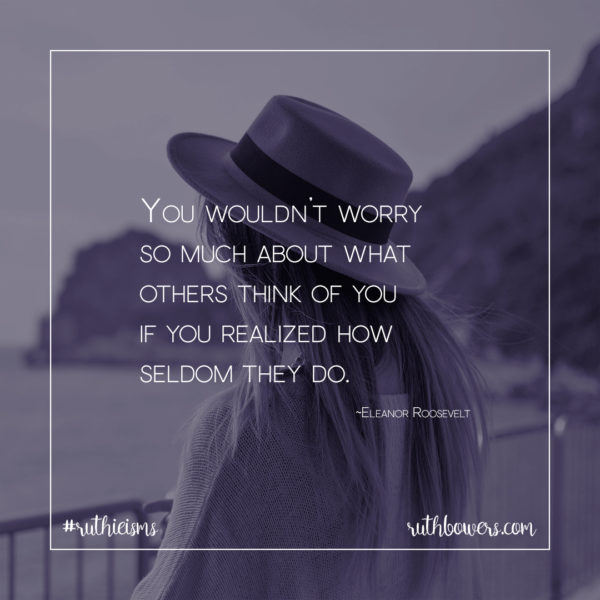Canadians say country split between ordinary folks and elites. But what is an elite?
By Mark Gollom for CBC News
Between bites of his free hamburger at last Saturday's Ford Fest celebration north of Toronto — an annual barbecue hosted by the family of Ontario Premier Doug Ford — 65-year-old Tony Laino provided a concise answer when asked who he considers the "elites" of society.
"Those that think they're better than me," he said. "Because I don't espouse their beliefs."
That's one definition, anyway.
The label "elites" seems to get flung around the political arena constantly these days. It's become one of the dirty words of politics.
It's also a term that resonates with many Canadians, particularly in an era when political populism seems to be gaining ground. A new CBC poll suggests nearly 80 per cent of Canadians either strongly or somewhat agree with the statement: "My country is divided between ordinary people and elites."
Historically, the term "elite" seemed to have a connection to the rich. Politicians of all stripes have often tried to show off their working-class bona fides, regardless of their personal wealth.
I think people would be shocked to discover where they fit in the broader Canadian society. A significant number of them, based on income status, would be quote, unquote elite.
Premier Doug Ford defines “elite” this way, "People that look down on the common folk, the people that think they're smarter than other people…they just think they're better, they're smarter, and they can tell the common folk how to live their lives," he said. "And they drink their little bottle or glass of champagne with their pinky up in the air. That's what an elite is. Elitism has nothing to do with money, Ford said. "Half of them don't have two pennies to rub together. They think they're something that they aren't."
Romans 12:16
Live in harmony with one another; do not be haughty, but associate with the lowly; do not claim to be wiser than you are.
People who live with low self-esteem come from every walk of life. They are rich and poor, women and men, people of status and people of no status, brilliant folks and people with little or no formal education, the aristocracy and the very, very poor. The common denominator is they live with a huge chip on their shoulders and a lens on the world that often tints their vision to grievance and put downs by others. Eleanor Roosevelt once said, “You’ll worry less about what people think of you when you realize how seldom they do”. I often want to repeat this quote to people who live with this particular world-view. I am not sure if it would make things better or worse if these folks knew that those they imagine are looking down on them actually don’t even know they exist. I wonder.
I think it is liberating to acknowledge the truth, most people are just so busy making sense of their own lives, trying to survive and thrive, that they do not have the excess energy or interest to be thinking about you. Sure, if you were sick or in trouble or in need of any help I do believe human nature would kick in, people would respond with compassion and care. And if you were doing something that annoyed or offended the other s/he would respond with judgment, just as we would! But the reality is most people aren’t taking a mental inventory of who is better or worse than they are. And when we wake up or grow up and see this truth we can spend more time on ourselves, learning what makes us happy and brings meaning to us and less worrying someone, somewhere, is looking down on us.
Obviously many groups of people have endured the sting of racial, gender, religious or sexual orientation discrimination, of comments and looks of distain and hatred. This is real and we know it existed and often still exists. This cannot be denied. But to equate that injustice with our own lack of self-esteem, that hole inside that cannot be filled with enough affirmation and thus sees every look from another as “s/he is looking down on me” is a sad commentary on our need to make everything about us.
I do not claim to be wiser than I am. I am not wise. But I do listen to a variety of people and weigh different points of view, looking for consistency and balance, not to mention justice. And when I hear people go on about strangers or people they barely know whom they perceive as looking down on them I worry that this says more about the one who is speaking than the one who is being talked about. The truth is people talk about us much less than we imagine. Wouldn’t it be great if we focused more on who we are than on who others think we are? I think so.

